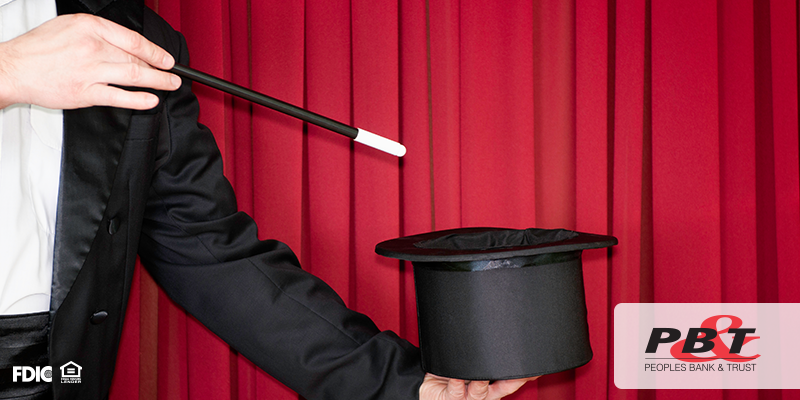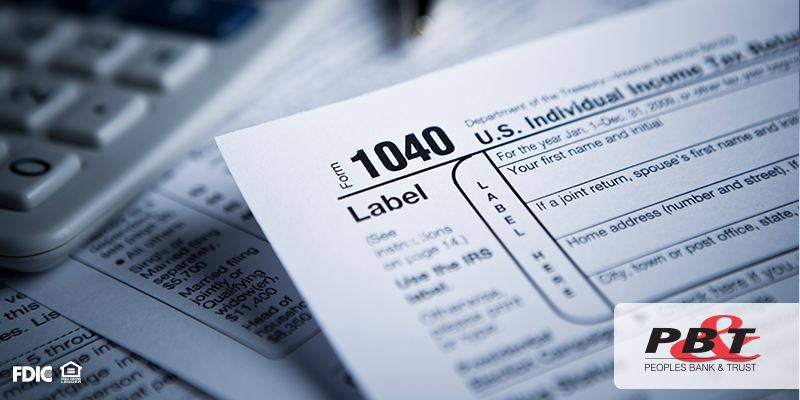
As the seasons change, so do your bills. However, finding new ways to save can be tricky when you’re already super savvy. By creating a good savings foundation during the fall and winter, you will be able to start 2018 off in a healthy financial state. That’s why Peoples Bank and Trust has compiled a list of tips and tricks to prepare your home for the seasons to come in order to save some cash!
Install energy-efficient windows
A low-emissivity glass also known as Low-E glass is used to help block the rays of the sun up to 90 percent, and keep the heat inside when it’s cold and outside when it’s hot. Energy Star estimates those who replace a single-pane window with an energy-efficient model will save $126-$465. Now multiply that times the number of windows you replace and you’re looking at quite the savings.
Lower water heating temperature
If you lower your water heating temperature, you will save 4-22 percent annually on your bill. Instead of allowing the water to get scalding hot, you can set it to only become warm which will increase your savings every time you shower, wash your hands, or do dishes.
Adjust the temperature
By turning back your thermostat by 7-10 degrees for 8 hours a day, you can save up to 10% each year on heating and cooling bills. Each time you raise your thermostat by one degree, your heating bill is raised by 3%, so it’s important to avoid that mistake.
Weather stripping
Thirty to 40 percent of your heating costs are lost to air leaks, according to Energy Star. That’s why it’s important to find where drafts are coming from in order to cover the leaks with weather stripping materials, which start off at around $5.
Replace light fixtures
If you replace your home’s five most frequently-used light fixtures or bulbs with energy efficient ones, you can save $75 a year. Just imagine if you did that with more bulbs!
Fix leaking faucets
If you fix a leaky faucet, you will save $35 and 1,661 gallons of water if it drips one drip per second. Little things like a leaky faucet end up having a big impact on your bills over time, so be sure to check your nozzles.
We hope that these home hacks will help you save this fall, winter, and hopefully the seasons to come! Contact Peoples Bank & Trust if you have questions about what else you can do in order to grow your savings.
Peoples Bank & Trust Co.
Member FDIC
Equal Housing Lender










